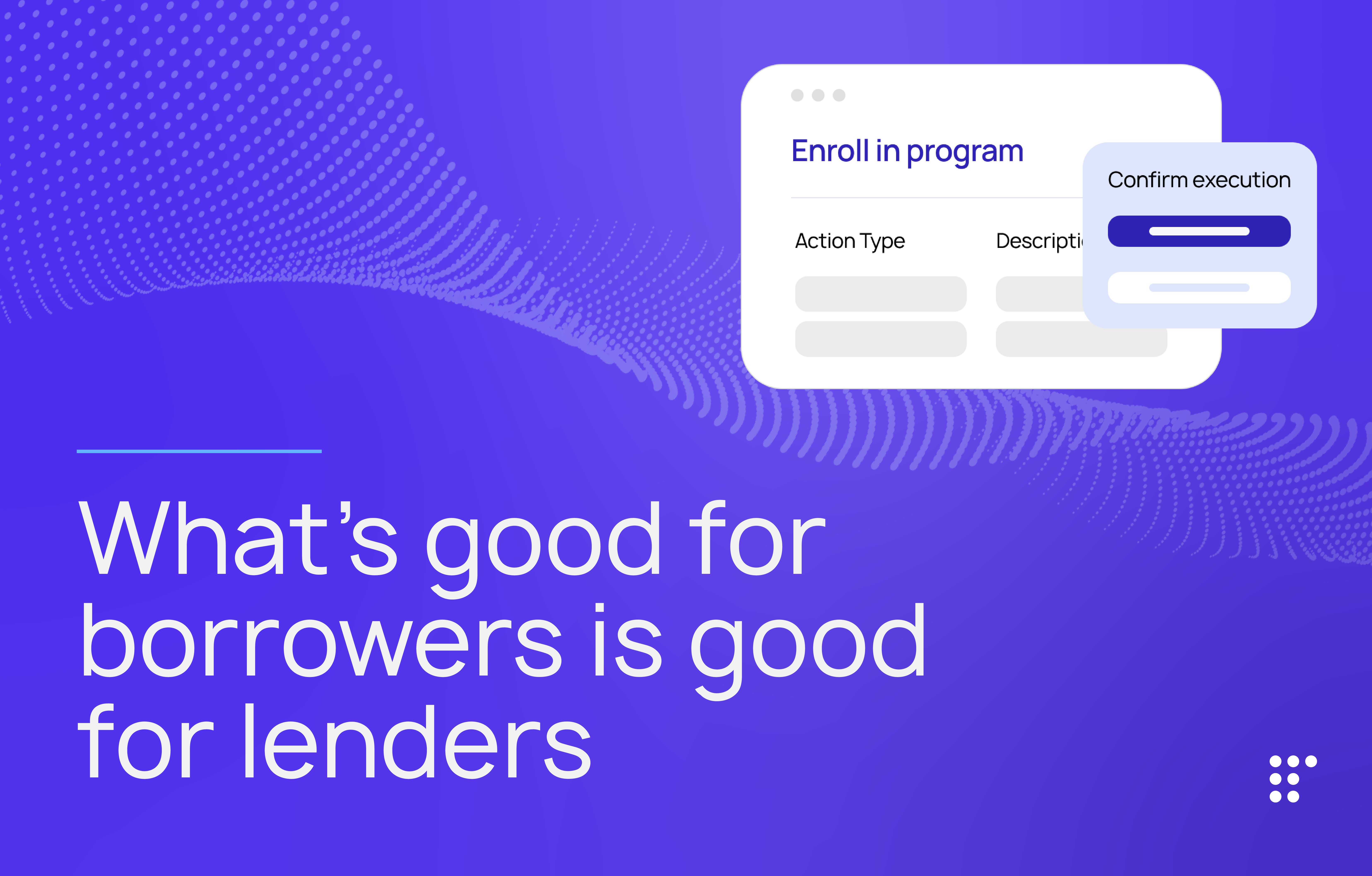TCPA Compliance Summary
Introduction
The Telephone Consumer Protection Act was established under FCC regulations to restrict telemarketing, the use of automatic dialing systems, and the use of artificial or prerecorded voice messages, along with specific identification requirements for companies. As such, creditors who contact their customers by phone call, text message, or any other kind of phone communication are subject to the requirements of this act. Here, LoanPro provides a summary of the main points of the TCPA that affect our own customers, as well as a list of LoanPro features and tools that can help prevent TCPA violations by maintaining compliance.
TCPA Requirements
- Companies can’t use an automatic dialing system or artificial or prerecorded voices to call any kind of emergency service line, hospital room, or phone number for which the called party is charged for the call.
- Artificial or prerecorded voices can’t be used to call a residential phone line without previous consent unless it is for emergency purposes.
- Calls can’t be made to residences outside of 8:00 a.m. to 9:00 p.m. in the residence’s time zone.
- Unsolicited advertisements can’t be issued over the phone unless the sender has an established business relationship with the recipient, was given the number voluntarily, or the number was voluntarily made available for public distribution.
- Telemarketing calls cannot be made to anyone listed on the National Do Not Call Registry to avoid incurring monetary penalties.
- Autodialed or prerecorded debt collection calls do not qualify as telemarketing calls, and are allowed to residential wirelines, according to the FCC, as long as they don’t contain telemarketing messages. However, they must provide an opt-out mechanism. Additionally, the 2019 TRACED Act requires the FCC to place a numerical limit on calls that are exempted from the TCPA, so a debt collector is limited to 3 autodialed or prerecorded calls to a consumer overall, even if they are regarding different debts. Calls to wireless numbers must have prior written or verbal consent.
- At the beginning of all artificial or prerecorded messages, the entity initiating the call should be clearly identified, along with the entity’s phone number or address.
- Artificial or prerecorded messages must automatically end within 5 seconds of the system receiving the notification that the recipient has hung up.
LoanPro Solutions
- LoanPro’s Communication Suite allows customers to use multiple communication methods, including SMS messages. LoanPro customers can create SMS templates that meet the TCPA requirements for phone communications.
- The Automation Engine allows users to create rules that ensure telecommunications are only sent out when they meet the requirements of the TCPA, while also allowing communications to be triggered automatically for agent convenience.
- LoanPro includes do-not-disturb functionality that allows lenders to set windows during which no communication will be sent to borrowers.
- LoanPro provides the option to mark phone numbers as do-not-call, to ensure no calls are made to unauthorized phone numbers.





